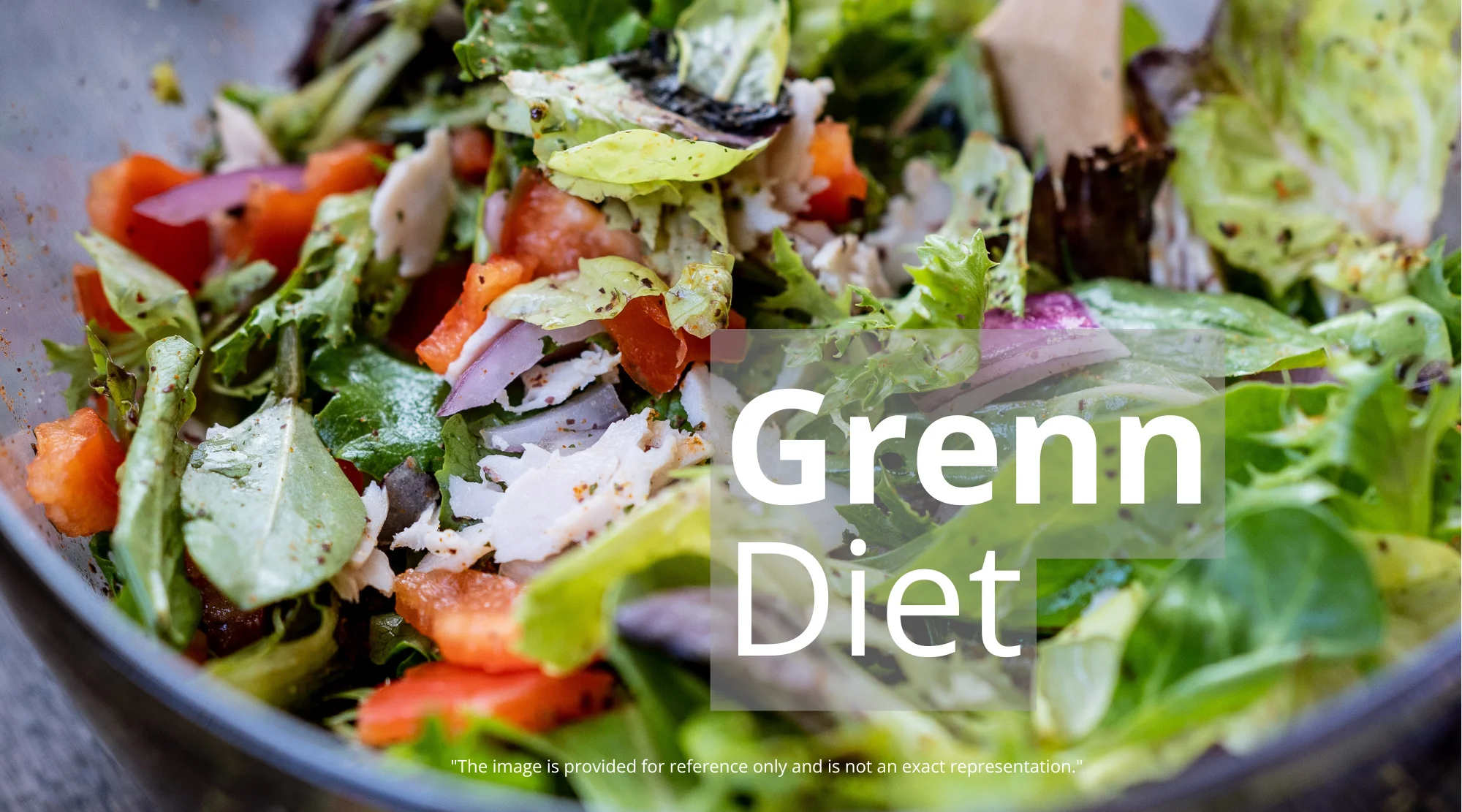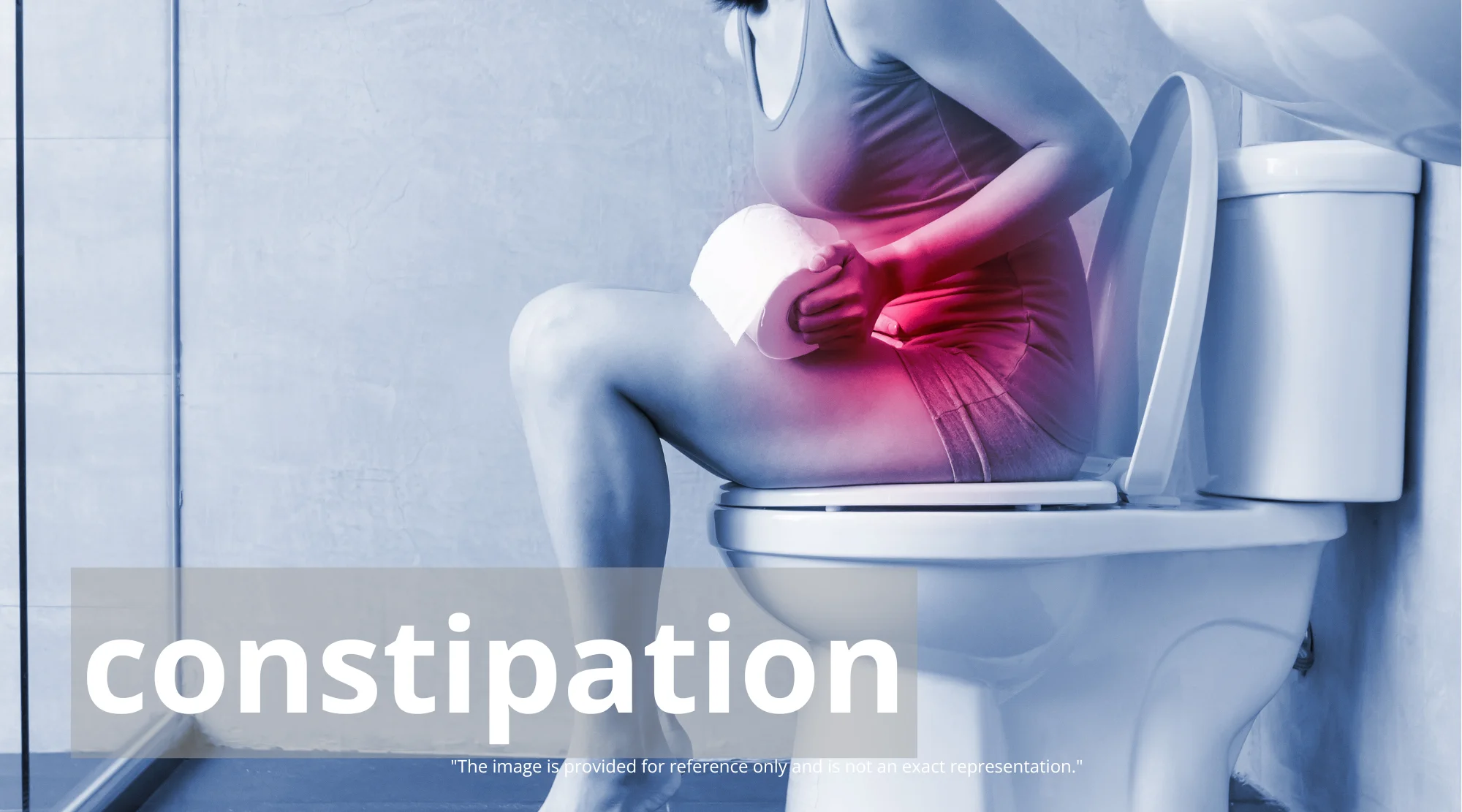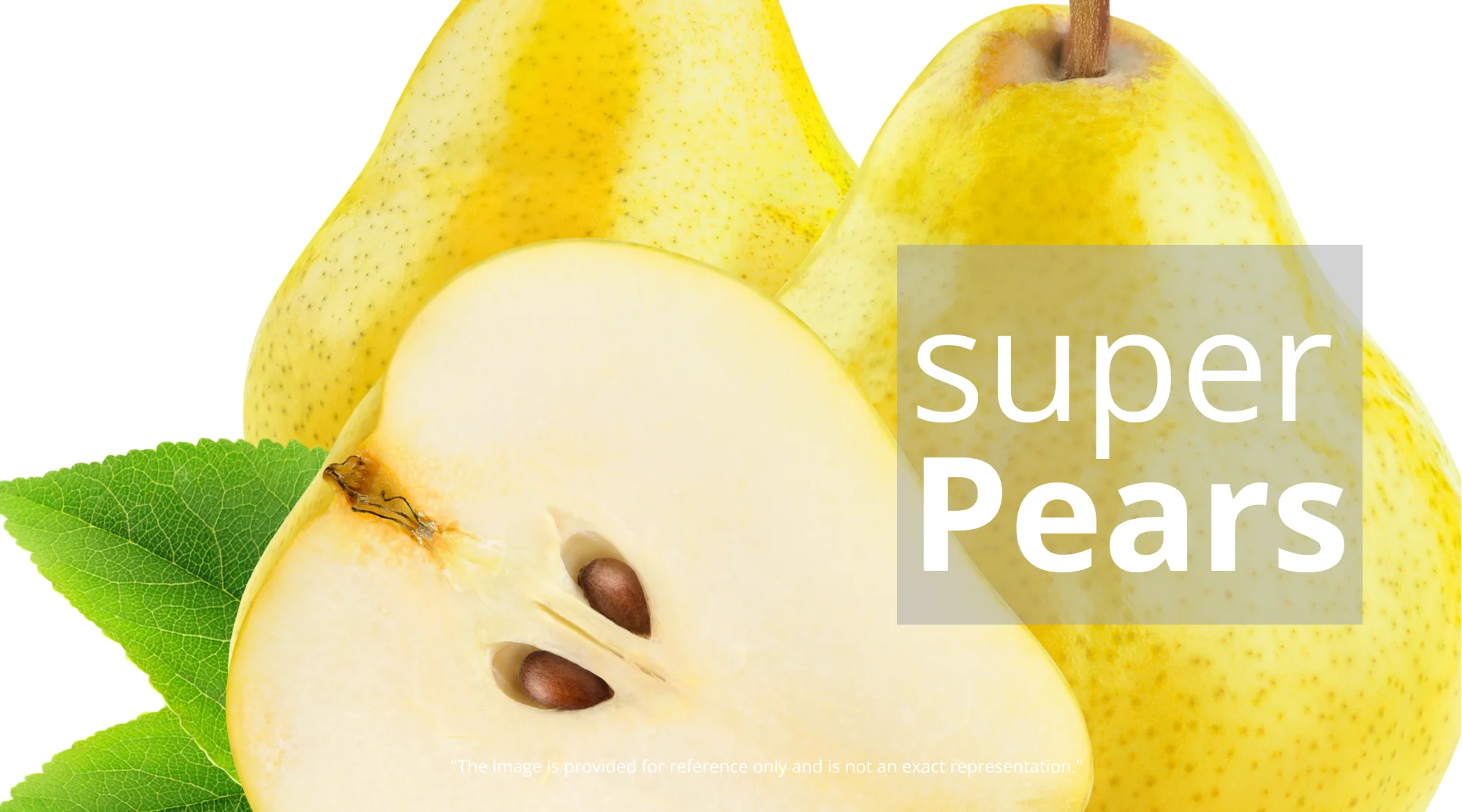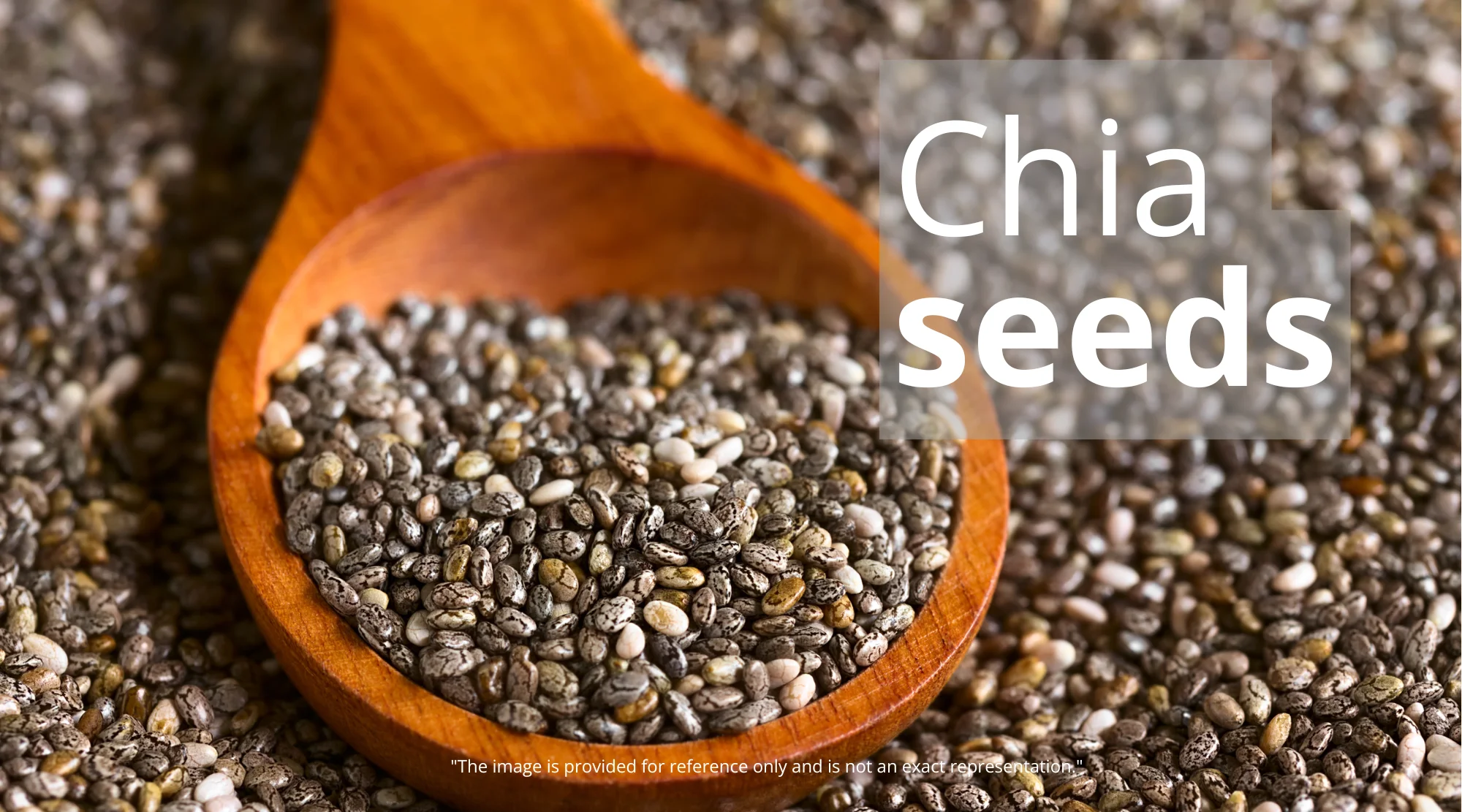Can a specific diet hold the key to slowing down brain aging and reducing the risk of dementia? Emerging research suggests that the answer may be yes, with the Green Mediterranean Diet taking center stage. This enhanced version of the traditional Mediterranean diet, packed with even more plant-based goodness, is showing promise in protecting cognitive function as we age. Learn how this dietary approach can help you safeguard your brain health and potentially delay the onset of age-related cognitive decline.
Understanding the Green Mediterranean Diet and Brain Health
The Green Mediterranean Diet isn’t just another health fad; it’s a science-backed approach to eating that builds upon the well-established benefits of the traditional Mediterranean diet. This dietary pattern emphasizes fruits, vegetables, whole grains, legumes, nuts, and olive oil, while limiting red meat, processed foods, and sugary drinks. What sets the Green Mediterranean Diet apart is its focus on increasing the intake of specific green foods and reducing meat consumption even further.
The traditional Mediterranean diet has long been lauded for its heart-healthy benefits and potential to reduce the risk of chronic diseases like diabetes and certain cancers. However, recent research suggests that the Green Mediterranean Diet may offer even greater protection, particularly when it comes to brain health. The increased intake of antioxidants, vitamins, and minerals from plant-based foods is thought to play a crucial role in reducing inflammation, protecting brain cells from damage, and promoting optimal cognitive function.

Key Components of the Green Mediterranean Diet for Cognitive Support
So, what exactly does the Green Mediterranean Diet entail? Here are some key components to consider:
- Plenty of Vegetables: Aim for a wide variety of colorful vegetables, including leafy greens like spinach and kale, cruciferous vegetables like broccoli and cauliflower, and other nutrient-rich options like peppers, tomatoes, and zucchini.
- Fruits in Abundance: Enjoy a variety of fruits, such as berries, apples, citrus fruits, and melons. Fruits provide essential vitamins, minerals, and antioxidants that support brain health.
- Whole Grains Over Refined Grains: Choose whole grains like quinoa, brown rice, oats, and whole-wheat bread over refined grains like white bread and white rice. Whole grains provide fiber, which helps regulate blood sugar levels and supports overall health.
- Legumes as a Protein Source: Incorporate legumes like beans, lentils, and chickpeas into your diet. Legumes are excellent sources of protein, fiber, and other essential nutrients. Consider this article about Protein Powerhouses: Foods With More Protein Than Chicken!: https://befullbehealth.com/2025/protein-powerhouses-foods-with-more-protein-than-chicken/
- Nuts and Seeds for Healthy Fats: Snack on nuts and seeds like almonds, walnuts, flaxseeds, and chia seeds. These foods are rich in healthy fats, which are essential for brain function and overall health.
- Olive Oil as Your Primary Fat Source: Use olive oil as your primary cooking oil and salad dressing. Olive oil is rich in monounsaturated fats, which have been linked to various health benefits.
- Limited Red Meat Consumption: Reduce your intake of red meat and processed meats. Instead, opt for lean protein sources like fish, poultry, or plant-based proteins.
- Green Tea: Studies suggest that drinking green tea daily can help with brain health.
The Science Behind the Green Mediterranean Diet and Brain Aging
Several studies have explored the potential benefits of the Green Mediterranean Diet for brain health. One notable study published in the journal Alzheimer’s & Dementia found that participants who followed a Green Mediterranean Diet experienced a slower rate of brain atrophy compared to those who followed a traditional Mediterranean diet or a control diet. The study also showed that the Green Mediterranean Diet was associated with improved cognitive function and a reduced risk of dementia.
Another study published in the journal American Journal of Clinical Nutrition found that participants who followed a Green Mediterranean Diet had lower levels of inflammation and oxidative stress, both of which are implicated in age-related cognitive decline. The study also showed that the Green Mediterranean Diet was associated with improved insulin sensitivity, which is important for brain health. You should also read Anti-Inflammatory Diets: Do They Really Work? The Science-Backed Truth: https://befullbehealth.com/2025/anti-inflammatory-diets-do-they-really-work-the-science-backed-truth/
These studies suggest that the Green Mediterranean Diet may offer a protective effect against brain aging by reducing inflammation, oxidative stress, and insulin resistance, while also providing essential nutrients that support cognitive function.
Practical Tips for Adopting the Green Mediterranean Diet
Ready to give the Green Mediterranean Diet a try? Here are some practical tips to help you get started:
- Start Gradually: Don’t try to overhaul your entire diet overnight. Instead, make small, gradual changes over time. For example, you could start by adding more vegetables to your meals, swapping refined grains for whole grains, and using olive oil instead of other cooking oils.
- Plan Your Meals: Meal planning can help you stay on track with the Green Mediterranean Diet. Take some time each week to plan your meals and snacks, and make a grocery list to ensure you have all the ingredients you need.
- Cook at Home More Often: Cooking at home allows you to control the ingredients and portion sizes in your meals. Look for Green Mediterranean Diet recipes online or in cookbooks.
- Snack Smart: Choose healthy snacks like fruits, vegetables, nuts, and seeds. Avoid processed snacks like chips, cookies, and sugary drinks. Consider trying High-Protein, High-Fiber Snacks: Your Guide to Sustained Energy & Health: https://befullbehealth.com/2025/high-protein-high-fiber-snacks-your-guide-to-sustained-energy-health/
- Stay Hydrated: Drink plenty of water throughout the day. Dehydration can negatively impact cognitive function.
- Consult a Healthcare Professional: If you have any underlying health conditions or concerns, talk to your doctor or a registered dietitian before making significant changes to your diet.
Beyond Diet: A Holistic Approach to Brain Health
While the Green Mediterranean Diet can play a significant role in protecting your brain health, it’s important to remember that diet is just one piece of the puzzle. A holistic approach to brain health also includes:
- Regular Exercise: Physical activity has been shown to improve cognitive function and reduce the risk of dementia. Aim for at least 150 minutes of moderate-intensity aerobic exercise per week, as well as strength training exercises at least twice a week.
- Adequate Sleep: Getting enough sleep is essential for brain health. Aim for 7-8 hours of quality sleep per night.
- Stress Management: Chronic stress can negatively impact cognitive function. Find healthy ways to manage stress, such as yoga, meditation, or spending time in nature.
- Cognitive Stimulation: Engaging in mentally stimulating activities, such as reading, puzzles, or learning a new skill, can help keep your brain sharp.
- Social Interaction: Social interaction is important for brain health. Spend time with friends and family, or join a club or group.
By combining a healthy diet like the Green Mediterranean Diet with these lifestyle factors, you can create a comprehensive plan for protecting your brain health and promoting cognitive function as you age.
Conclusion: Nurturing Your Brain with the Green Mediterranean Diet
The Green Mediterranean Diet offers a promising approach to supporting brain health and potentially slowing down the aging process. By prioritizing plant-based foods, healthy fats, and limited red meat consumption, this dietary pattern provides essential nutrients and reduces inflammation, which are crucial for maintaining cognitive function. While more research is needed to fully understand the long-term effects of the Green Mediterranean Diet, the existing evidence suggests that it may be a valuable tool for protecting your brain health and reducing your risk of dementia. Remember to complement your dietary efforts with regular exercise, adequate sleep, stress management, and cognitive stimulation for a holistic approach to brain health. Your brain will thank you!














Post Comment